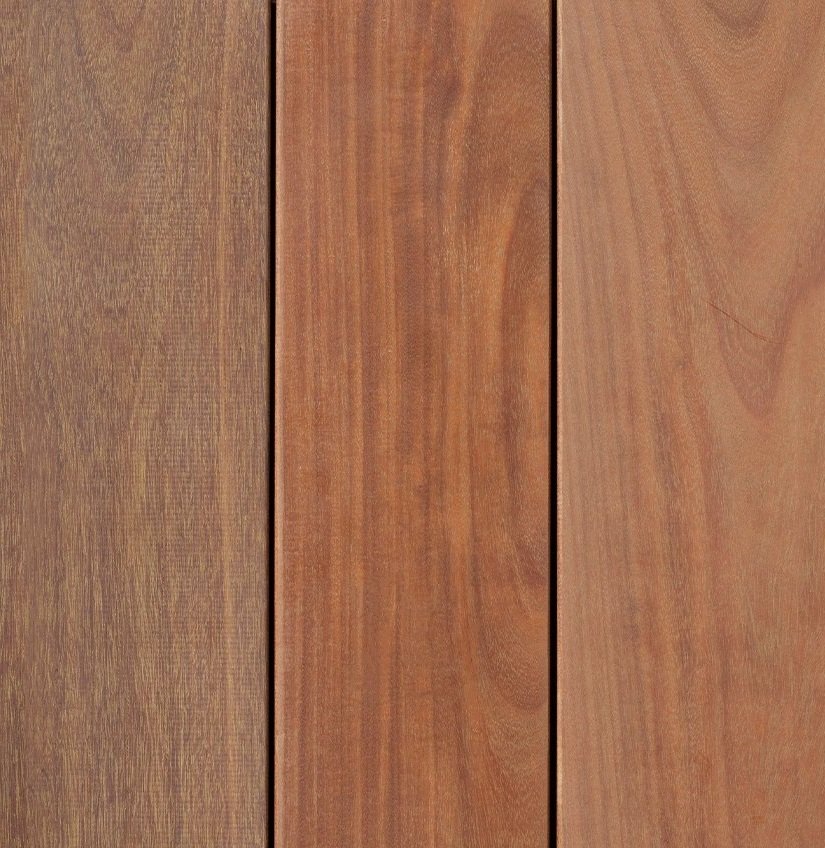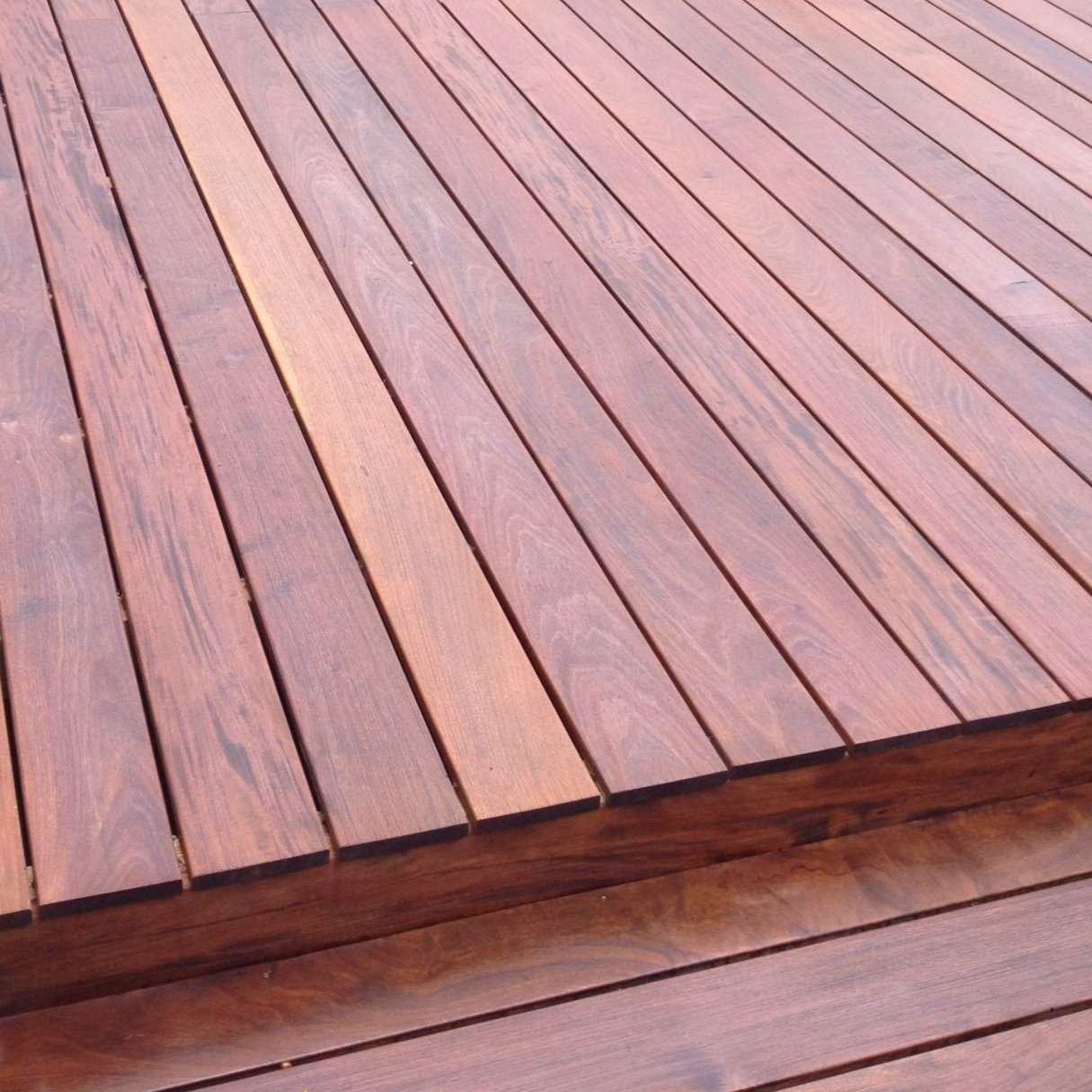




IPE INFO
IPE INFO

Architectural Grade
Ipe
MÖLINO Architectural Grade IPE is simply that standard upon which all other IPE is measured against. MÖLINO took every natural aspect of IPE and meticulously curated a specification which has no equal, anywhere.
We selectively grade our lumber for only the finest yield nature has to offer, as well as cutting exclusively even & long-lengths which always finish in our proprietary kiln-process. This commitment to excellence, sparing no expense, is testament to how firmly we believe in delivering unparalleled beauty & performance to a demanding client.
Rich shades of warm tobacco coupled with unparalleled density & tight-linear grain, which when left to weather naturally patinas to a mellow silver.
Specifications
Architectural Grade
Premium Selection
Long & Even Lengths
Class A Fire Rating
Kiln Dried
50-70 Year Lifespan
Proprietary Grading and Kiln Drying curated for the California market.

IPE STOCKLIST
IPE STOCKLIST
IPE STOCKLIST
IPE STOCKLIST
WE have a huge inventory of QUALITY MÖLINO IPE decking in-stock
|
ITEM |
NET SIZE |
LENGTHS |
|
1x4 
|
3/4x3-1/2 |
8'-20' |
|
1x6 
|
3/4x5-1/2 |
8'-20' |
|
1x8 
|
3/4x7-1/4 |
8'-20' |
|
5/4x4 
|
1x3-1/2 |
8'-20' |
|
5/4x6 
|
1x5-1/2 |
8'-20' |
|
5/4x6 grooved 5mm 
|
1x5-1/2 |
8'-20' |
|
5/4x8 
|
1x7-1/4 |
8'-20' |
|
5/4x8 grooved 5mm 
|
1x7-1/4 |
8'-20' |
|
2x4 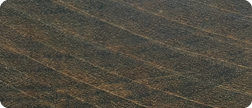
|
1-1/2x3-1/2 |
8'-20' |
|
2x6 
|
1-1/2x5-1/2 |
8'-20' |
|
2x8 
|
1-1/2x7-1/4 |
8'-20' |
|
2x2 
|
1-1/2x1-1/2 |
8'-20' |
|
4x4 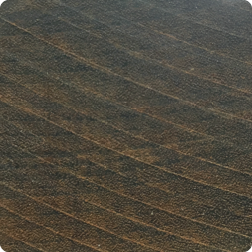
|
3-1/2x3-1/2 |
8'-12' |
|
6x6 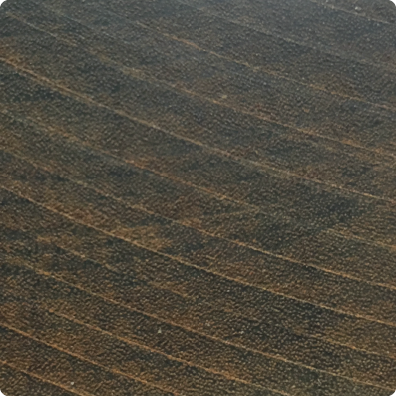
|
5-1/2x5-1/2 |
8'-12' |
|
(SUBJECT TO AVAILABILITY) |
CALL FOR PRICING: 818-889-0487
DELIVERY SERVICES
We offer professional delivery services on our truck to Westlake, Thousand Oaks, Malibu, Agoura, Newbury Park, Camarillo, Santa Barbara and surrounding areas and as far north as Paso Robles and to the south as far as San Diego. Shipping via common carrier is available nationwide.

IPEvsCOMPOSITE
IPE vs COMPOSITES
IPEvsCOMPOSITE
IPE vs COMPOSITES
IPE DECKING
Silvers with age
Extremely hard
Can be re-stained to regain original color
Class A fire rating (same as steel and concrete)
Twice as dense and 5 times as hard as pressure treated wood
Available in long lengths
Scratch resistant
Insect resistant
Little to no warping
Easily repairable
Has a 50+ year life span as a deck wood
Ipe is naturally a green choice for decking. With markets developed for Ipe, lands that typically would be clear cut for farming can support sustainable forestry. Communities in tropical forests now have the choice to responsibly manage their land in a way that continues to keep forests intact while offering a source of income. Strong markets for responsibly harvested wood products have helped to preserve forests in developing nations.
COMPOSITE DECKING
Loses color with age
Softer and not as stiff as Ipe
Gets extremely hot in the sun
Can support mold growth especially in a high humidity/wet area
Class B Fire rating typically
Does not span large distances
Scratches easily
Can become “fuzzy” over time because of wear
Not easily repairable
Has a unknown lifespan as a deck material
Composite decking made from recycled materials makes it seem like an environmentally friendly product. The problem with composite decking is that all of the environmentally friendly aspects are concentrated in material sourcing. Once you factor in the high environmental impacts of the fossil fuels required to manufacture composite decking, as well as greenhouse gas emissions, the overall impact of composite decking is quite high.

IPE SUSTAINABILITY
SUSTAINABILITY
IPE SUSTAINABILITY
SUSTAINABILITY
POSITIVE ENVIRONMENTAL IMPACT
Good markets for wood & wood products will help preserve the tropical rain forests. A thriving international market provides an economic reason to carefully manage them.
Buying these products provides the incentive to manage the forests responsibly, and prevents clear cutting to convert to cattle land. The land with trees MUST be more valuable than the land without them.
Purchasing tropical wood products from responsible suppliers contributes to saving the rain forests.




